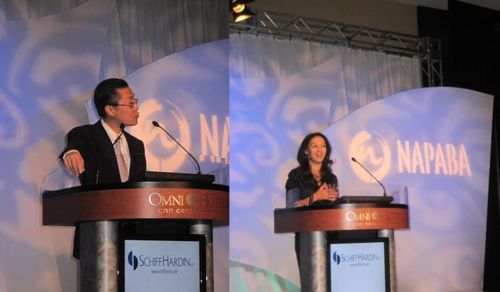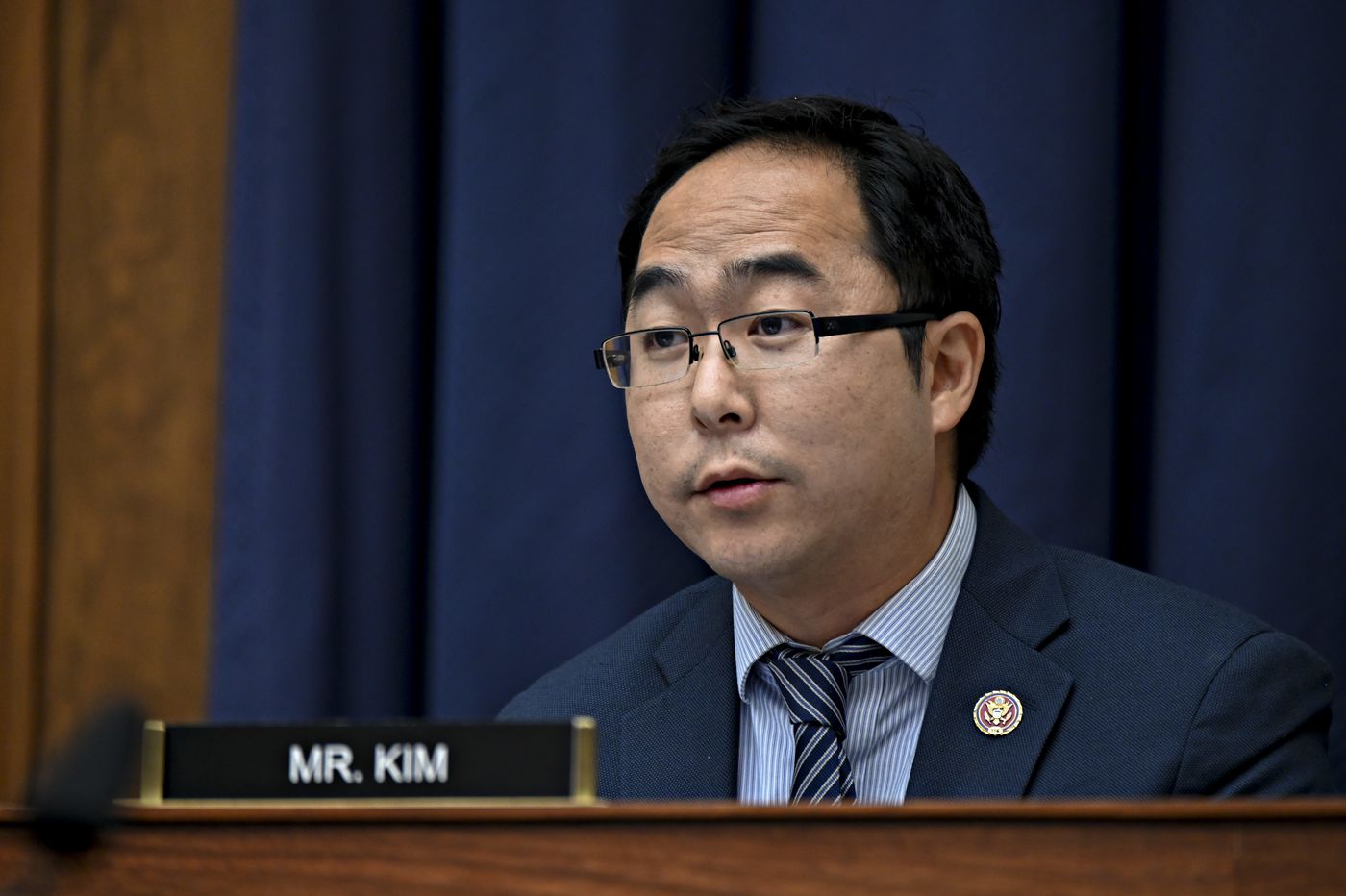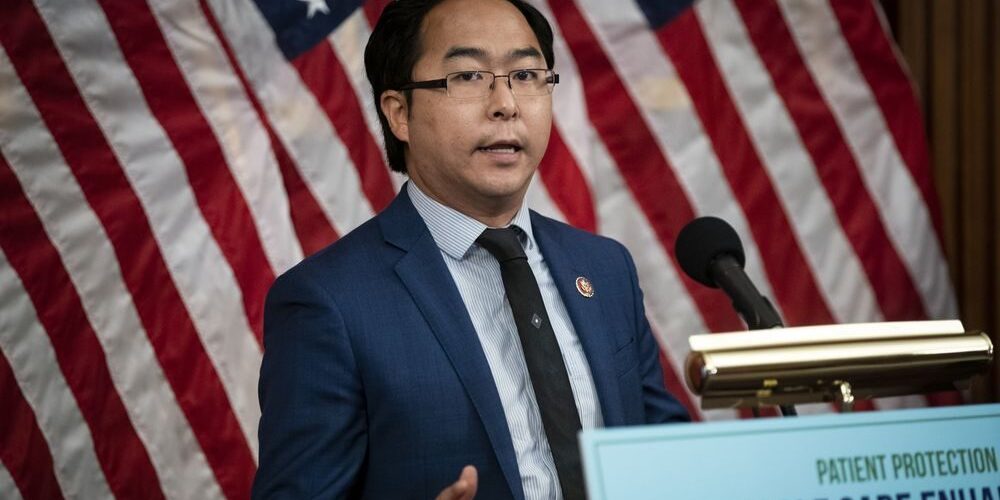Over a hundred years after the first wave of Koreans landed in America, a look at Korean Americans who embrace risk.
It’s been almost 15 years since I attended a lawyers’ conference listening to a remarkable discussion by a Korean American lawyer regarding minorities in the higher echelons of corporate America. Among Asian American lawyers and business groups, the question of what it will take for them to reach the very pinnacle of leadership and into the C-Suites is perennial.
But the question is just as relevant to all other industries in this country. We fret about bamboo ceilings, the cultural remnants of Confucian conformism and the like. But isn’t it ironic that we, immersed in the most enterprising and free-wheeling nation in the world, watch with awe as South Korean business tycoons, music bands, athletes and movie producers outpace their global competitors on a regular basis?
There is something else at work in this country that explains our Korean American conformity. For all of our professional success as the alleged “model minority,” that very moniker may be the weight that limits us.
Which brings me back to that lawyer’s conference. I’ve forgotten where it was or what organization sponsored it, but I remember the remarks delivered by Don Liu, who was then the General Counsel of America’s iconic company, Xerox Corp. What he said that afternoon was new and surprising even to me, a person who considered himself a careful student of the Korean American experience and who had already enjoyed some success as a trial lawyer.

I have since come to know Don as a good friend, and about a month ago he connected me with Congressman Andy Kim on a zoom call and another surprising dot was connected.
Don and Congressman Kim are very different personalities with widely diverging career paths, but it turned out that they share a common message. It is one that makes me uncomfortable and yet one that I think illuminates the constraints of any “model” status.
That message is “risk.” Not financial or physical, but risk of public judgment; putting one’s self out there for public acceptance. Or not.
In his remarks, Don said that he was often a brash and squeaky wheel, and that it was important for young Asian American lawyers to push their own agendas and dispense with the usual self-effacing deference to others. Betraying his activist personality, he said his initial goal in law school had been to become a civil rights lawyer, a goal that was way-laid by circumstances that led to his growing interest in, and even passion for, corporate law.
Against all odds, a Korean American immigrant kid from Philly pushed his way from law school into board rooms, leading the legal teams of diverse companies from insurance to construction, then to Xerox and now the chief legal officer of the retail giant Target Corp. More than any other Korean American, Don has used his acquired leverage to push for minority advancement in the legal profession.
There are thousands of smart, diligent and talented Korean American kids who go to the nation’s best schools and hundreds to the best law schools. But Don embraced risk in ways very few others do. And it led to a distinctive public character even in the quintessentially commercial world of corporate America.
It is perhaps no coincidence that such a personality would later introduce me to Congressman Kim. I had heard of the young Korean American politician but I only learned his story in the zoom call arranged by Don and his wife, Patty. Unlike Don, there’s nothing brash or prodding about Kim. He struck me as surprisingly young and humble.
A former Rhodes Scholar and diplomat in the Obama administration, I was expecting swagger, a pitch, a politician’s fluid rhetoric, a story about a singular approach to transforming politics or the world. Instead, I found a genuine young man who spoke like countless other young Korean Americans who, on the surface, seem almost ordinary.
He is anything but. The thing that sets him apart from the rest of us is that he was unafraid of subjecting his self to public judgment. There is much in his pathway that followed the classic Korean American success story: an undergraduate degree from the University of Chicago, a Rhodes Scholar, a career in foreign service. Smart, driven, diligent. But this training only prepared him for his leap of faith.
This Democrat decided one day to run for Congress against a two-term Republican incumbent in a majority White district that had voted overwhelmingly for Donald Trump. He won by a hairline margin, but he won. To hear about his decision to run is to imagine Mr. Smith Goes to Washington. An “aw shucks” newcomer from out of left field who beat ALL the odds, and who took that risk because he wanted to help people. What impelled his decision to run, apparently, was watching his predecessor Congressman’s effort to dismantle the Affordable Care Act.

Listening and watching him, it was clear to me that he tapped into the people’s desire for basic sincerity and commitment to their welfare. In a period of ferocious emotional division in our nation, this Asian American managed to reach just enough of the White, red-leaning constituents to become their representative in the nation’s Capitol. He is up for re-election and faces another well-funded Republican businessman. His message remains unaltered. His campaign talks about his record and his hopes for his constituents. There is no mudslinging; there is no bombast; just Andy Kim.
And that is the message that I find so remarkable. It’s not just a readiness to push the envelope and step out of comfort zones neatly manicured with excruciating care over a lifetime to eliminate as much risk as possible. It’s the readiness to do so by exposing one’s genuine self to the public’s judgment: take Kim for who he is, a smart and earnest person who may lack the politician’s finesse but not the powerful sense of service that true leaders exemplify.
Don’s explicit message, and Congressman Kim’s implicit one, is a challenge to risk-averse Asian Americans in search of success as defined (and limited) by our conception of “model” citizens. Their unsettling message asks how willing we are to step outside our comfort zones and simply subject our true selves and our personal agendas to the scrutiny of a broader public, for acceptance or rejection. Each person has unique motivations and ambitions. How ready are we to put it all out there, . . . truly?
I recognized in Don and the Congressman the same, startling willingness to engage with the world as it is and as they are. They decidedly are not model minorities. They are, instead, prototypical Americans, who happen to be Korean.





